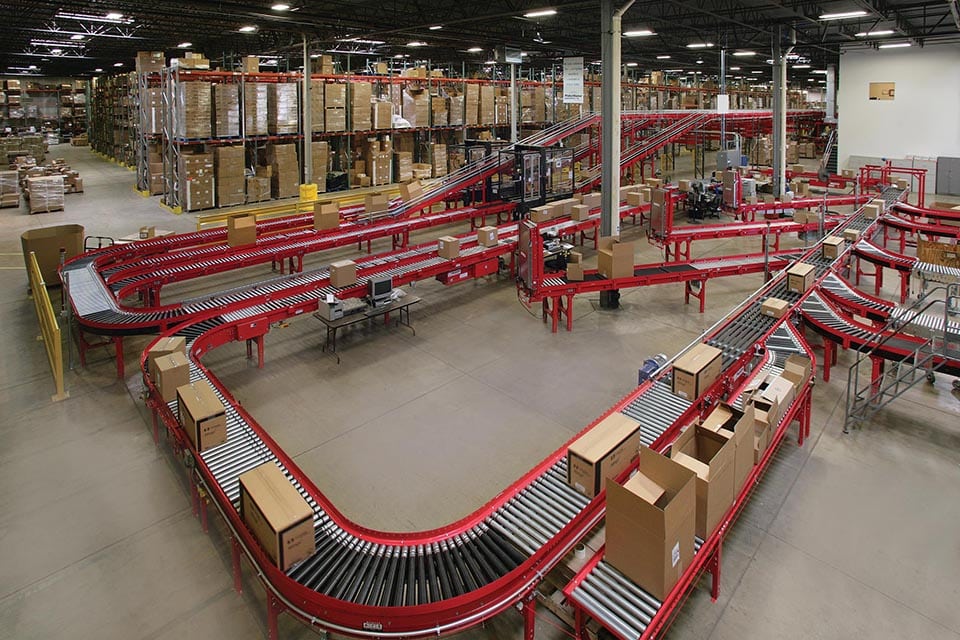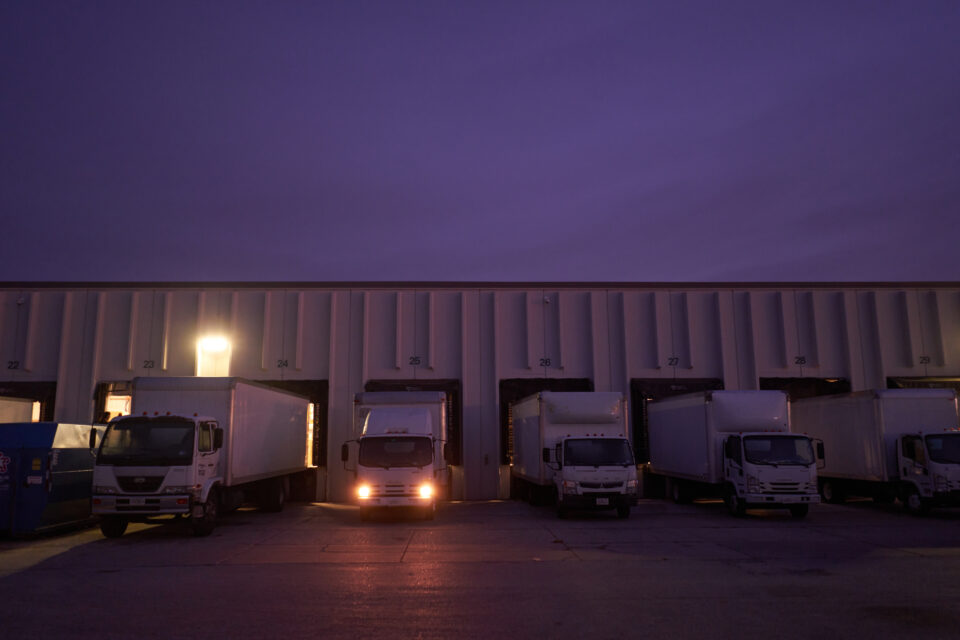Last Mile Contract Carrier: Rates and Profits
If you operate a last mile carrier business, you may have questions about financial management. How do you set rates? How can you make your business pay off? The bottom line is: how can you optimize your profit and stay competitive?
RATES: UNDERSTANDING WEEKLY MINIMUMS
Erick, who operates a last mile carrier business in Virginia, explains how rates and underlying costs come together. “Shippers typically drive the rate structure based upon market conditions. A typical structure is a minimum, per stop, fuel surcharge, and mileage accessorial.” He also explains, “Rates for products can differ.” Take appliances. He says that installations take longer. A rate may be higher to reflect the time and skills required, and there may be fewer stops per day.
As a contract carrier, you may have options to accept or reject loads every day. When analyzing minimum rates, you need to take the long view, he advises. “Some days you may break even based upon the structure, but over the course of the next week, you can make your profitability.”
WHAT ABOUT FIXED EXPENSES?
Fixed expenses are always present, even before you drive a mile. Erick outlines his fixed expenses, which include:
- Insurance: vehicle insurance, workers compensation, general liability, cargo insurance
- Truck expenses: lease or rent plus maintenance
Russ, who operates a last mile carrier business in Michigan and operates one truck, says that cargo and vehicle insurance together cost him about $3,000/year. Vehicle expenses can be as much as $1,500/mo. He says it’s also important to “understand how the product and level of service impacts your expenses,” because not all products and service levels are created equal.
If you align your fixed expenses with weekly minimums, you can cover your costs. Then the days when you have solid delivery counts become the days that deliver profits to your business. Erick sees it this way: “Minimums need to cover the expenses. They don’t always include a profit.”
Should you own, lease, or rent trucks? Renting rather than leasing a truck can be one way to have more control over your fixed expenses. Paying day rates continually, though, if you are operating regularly, could drive up your fixed expenses. What if you own your trucks? That is great for cash flow. Keep in mind, as Erick says, “Trucks need to be in good condition to run.” He sets aside money from his route revenue to maintain a reserve for repairs. If you don’t set aside money, he says, you won’t have the money to pay for repairs and continue reliable last mile service.
DAILY EXPENSES
Daily expenses, such as paying your team and paying for mileage, scale with the number of deliveries. So does the revenue you receive through your contract, as you are being paid per stop, along with other payments scale with the daily business.
Erick sees a lot of variables in the products and service levels. Think of furniture: “The number of pieces can impact the rate. It could increase your assembly time and ultimately the length of your route – regardless if the number of stops or mileage is the same.” A tip from Erick: Remember that the number of miles you put on a truck affects your maintenance costs and how much money you should put into reserves. Always think ahead.
MAGIC NUMBERS
Erick has calculated his sweet spot for profits, something he calls his “magic number.” For his business and the products he delivers, “It’s 150-200 miles based upon average speed limit. 14-15 stops is a profitable route.” More than 15 stops makes teams rush and creates the risk of damages, accidents, or liability, he says.
“Once the key is in the ignition,” says Erick, “there is added risk. Some small repairs are paid out of pocket, and I have a reserve. A reserve is also important because some claims may come months to even a year after the delivery. Only go to insurance for larger issues.”
As a business owner, you can do your own financial calculations based on rates and daily expenses to find your own sweet spot. Above and beyond minimums, define a revenue target that represents profit for your company. The bottom line is not your revenue on any given day. It’s your average revenue per route.
Russ also advises, “Find ways to be efficient in all facets of the business. Look for ways to save money where you can.” He sometimes does maintenance himself. He shops around carefully for bulk fuel, insurance policies, and more.
CONTRACT CARRIER BUSINESS OUTLOOK
If you operate or are thinking of operating a contract last mile carrier business, know that opportunities are growing. With the explosion of ecommerce, Erick says, “We have seen the deliveries increase. More driver teams are needed, and skilled driver teams are in higher demand.”
To be successful, you have to be able to deliver on service levels. That requires solid training and active management. Russ keeps service top of mind is his daily business, always aiming for positive customer survey ratings.
CONTRACT CARRIER ADVICE
Erick feels strongly, “There are good opportunities in this industry. But don’t just jump in. Get proper training so you can be successful.” He says that besides learning a last mile carrier operation, you need to learn to run your own business.
PARTNER WITH A LEADER: LAST MILE CARRIER
Erick, who has experience contracting with more than one company, sums up his experience with FIDELITONE this way: “The company is well organized. Settlements are very clear and accurate to agreed-upon rates. What they say is what it is.” Russ agrees: “They have consistent load volumes. The local manager works with us well. And they pay fairly.”
Learn more about starting a starting and growing a last mile carrier business in the FIDELITONE blog. Check out last mile carrier contract opportunities online or call 720.422.8961 to speak with a last mile carrier representative at FIDELITONE.
FIDELITONE helps you earn customers’ loyalty through specialized services in inbound logistics, order fulfillment, last mile delivery and service parts management.



